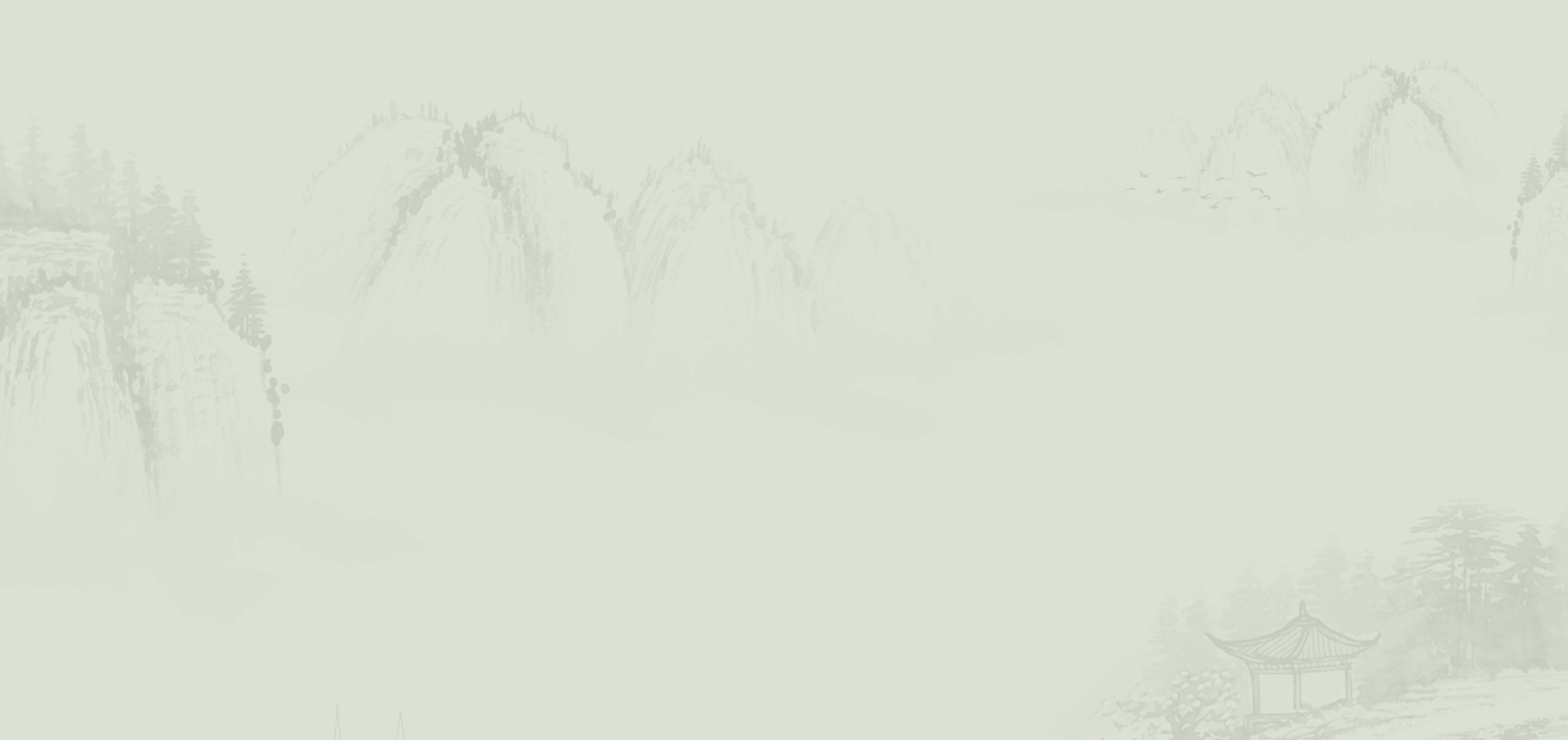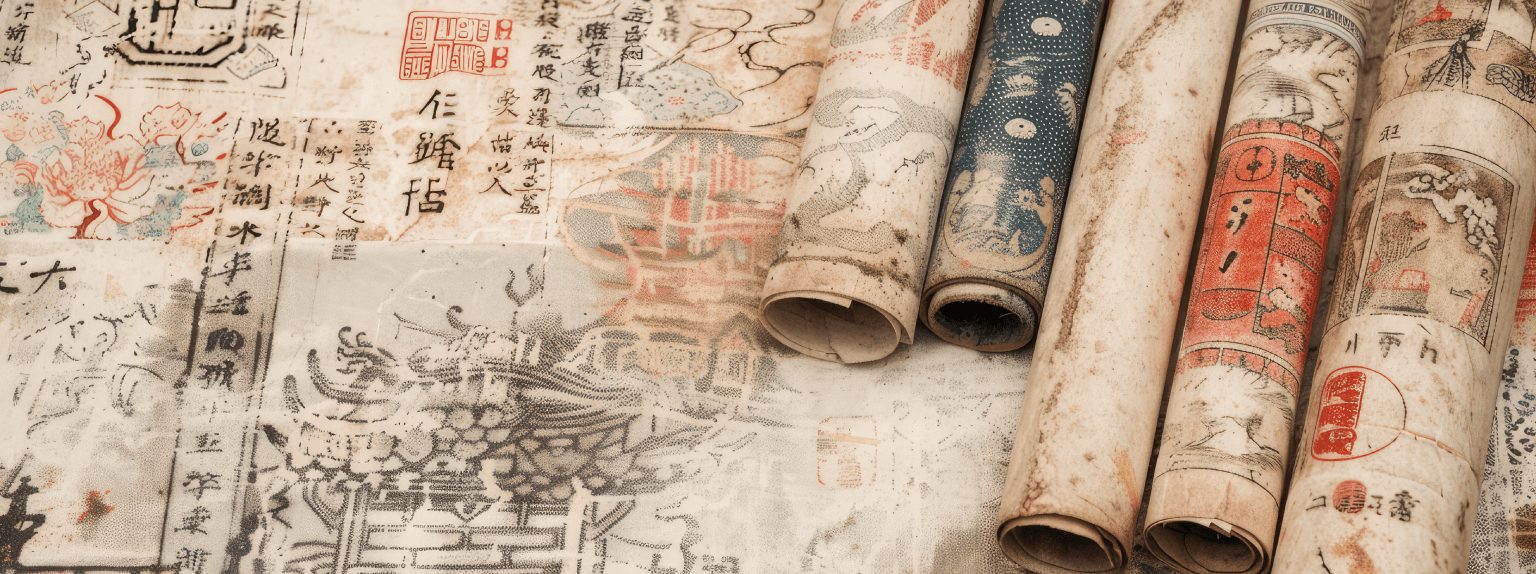The vibrant blossoms of flowers have long provided artists in the West with inspiration, with many dedicating their careers to produce pictures of botanical beauties. From 17th-century Dutch still-life to modern day paintings, flower art has a long and storied history.
Artists of fine art in China started to paint flowers during the Han dynasty (202 BC-25 AD). Towards the end of Northern Song dynasty (960-1127), as Poetry and Calligraphy had reached their height of glory, China saw the emergence of a literary and artistic genre named Literati Painting. It exemplifies as a genre uniquely blending Poetry, Music, Calligraphy and Painting, As an ancient Greek poet claimed, “Painting is silent poetry; and poetry, painting that sings.”
One of the favorite subjects, blossoms in the painting are joined by evocative and exquisite lyrics in the finest calligraphic art to give viewers a rounded joy of appreciation for literature, linear beauty, tonal perfection, and the beloved flowers themselves. In no other works of prominent artists is it more evidenced that the blossoms and their literary and artistic companions are more memorable than in those by Yun Shou-ping 惲壽平 (1633-1690) and Wang Shi-shen 汪士慎 (1686-1759), the two inimitable masters of the late Ming and the following Manchu dynasties.
This summer course marks the very first time the two artists and their extraordinary works redolent of fine art, poetry and calligraphy — the 3 most treasured jewels held in the highest esteem by all art lovers — are introduced by the Senior Lecturer, Ben Wang of China Institute

